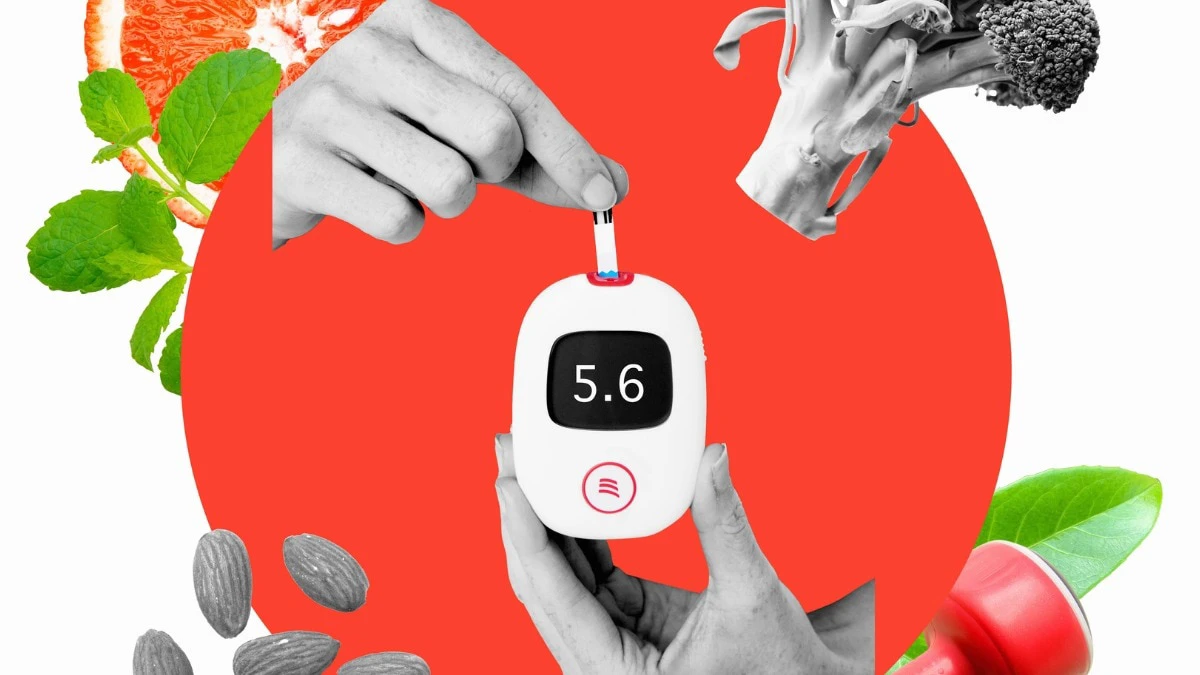Prediabetes, once considered a mild warning, has now emerged as one of the most pressing public health challenges in India.
With nearly 15% of Indians estimated to be living with prediabetes-a number that exceeds those already diagnosed with diabetes-the condition is becoming an iceberg beneath India’s glycemic crisis.
What makes this particularly alarming is the rising incidence among young adults, who are now showing early metabolic dysfunction far earlier than previous generations.
Prediabetes is often invisible. Unlike diabetes, its symptoms are subtle, and most individuals remain unaware until routine screening reveals abnormal blood sugar levels. Yet, the absence of clear symptoms does not mean the absence of harm.
Research shows that prediabetes carries elevated risks of cardiovascular disease, neuropathy, and retinopathy, with complications beginning even before diabetes fully develops.
For young Indians, this translates into long-term health risks that can affect productivity, quality of life, and life expectancy.
THE PREDIABETES CRISIS
Both rural and urban populations report a higher prevalence of prediabetes than diabetes, underscoring the magnitude of the crisis.
Factors such as sedentary lifestyles, unhealthy diets, stress, and genetic predisposition are fueling this surge among younger age groups.
High-risk individuals those with obesity, polycystic ovary syndrome (PCOS), a history of gestational diabetes, or a family history of diabetes-face an even greater likelihood of developing prediabetes.
WHY SCREENING MATTERS
Early detection is the strongest weapon we have. Regular glucose monitoring-whether through HbA1c testing, fasting glucose, or oral glucose tolerance tests (OGTT)-is critical, particularly for high-risk groups.
However, screening is not yet a routine part of healthcare in India, and this gap delays intervention at a stage when lifestyle changes and preventive therapies can make the greatest impact.
PREVENTIVE DRUG THERAPY
Medications such as metformin, GLP-1 receptor agonists, and SGLT2 inhibitors have shown promise in delaying or preventing the onset of type 2 diabetes and its related complications.
This treatment is particularly beneficial for individuals with excess body weight, a strong family history of cardiovascular disease, or relatively higher blood glucose levels, who are at greater risk of progression to diabetes.
TREATING PREDIABETES
The misconception that prediabetes is “less serious” often results in medical inertia. In reality, prediabetes needs to be managed with the same urgency as diabetes.
Metformin, widely studied and approved in India for prediabetes, has been proven to delay or even prevent the onset of diabetes. It is effective, safe, and affordable, with added benefits such as vascular protection.
Some experts even suggest that metformin could be integrated into public health strategies much like vaccines-used preventively to reduce the future burden of chronic disease.
Prediabetes is not a benign condition. It is a silent, progressive state of metabolic dysfunction that demands early recognition, proactive treatment, and national-level health interventions. Young Indians must not dismiss it as a temporary phase.
By prioritising screening, awareness, and timely therapy, we can prevent millions from progressing to diabetes and reduce the looming burden on India’s healthcare system.
